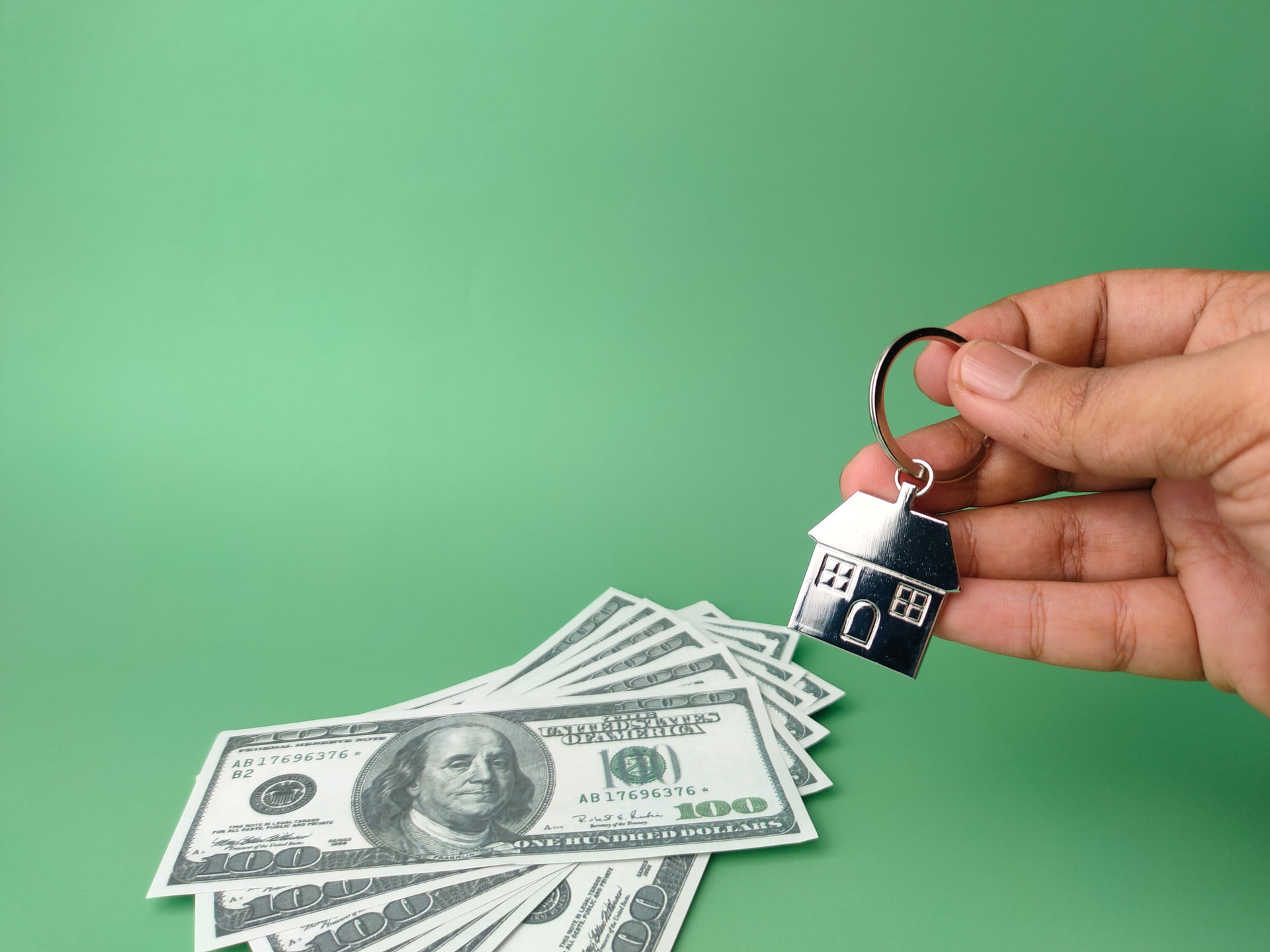After years of historically low rates, the Federal Reserve has finally started to raise interest rates. This has been a long time coming, and the Federal Reserve Board has been warning about rate rises for some time.
Unfortunately, this has only served to complicate an economic picture that’s already complex enough. We’re dealing with inflation, a possible looming recession, and a major war. Add that to China’s zero-Covid policy and disrupted supply chains, and interest rates are just another drop in the bucket.
But interest rates affect different industries in different ways. In the mortgage market in particular, higher rates make mortgages more expensive. With higher rates, homebuyers have to pay more money per month for the same house.
What does this mean for you? Among other things, you’ll have to deal with the following factors:
- Millennial and Gen Z homebuyers may struggle to enter the market.
- Home prices may fall as a result – or they may be unaffected.
- There may be less competition when shopping for properties.
Let’s talk more about these factors, and what they mean when you’re buying or selling a home.
Interest Rates and Buying a Home
When you’re buying a home, a higher interest rate translates directly to higher mortgage bills. Let’s say you’re buying a relatively modest $250,000 home, and you’re putting down a 10% down payment ($25,000). You take out a standard 30-year mortgage, at an interest rate of 4%. This brings your monthly payment to $1,167.93, with a total repayment amount of $393,081.39.
Now, let’s say you take out the same loan, but instead of paying 4% interest, you’re paying 5.5%. Suddenly, your monthly bill is $1,371.28, and your total repayment amount is $467,690.34. Ouch!
Over the life of the loan, that extra 1.5% interest will cost you more than $74,000. If your monthly budget is limited, you might even have to shop for a more affordable house.
According to Rocket Mortgage, every 0.25% increase in interest rates reduces your purchasing power by 3%. Let’s say you have the budget for a $300,000 house. An increase of only 0.5% means you could only afford a $282,000 house.
This is particularly bad news if you have an adjustable-rate mortgage. When readjustment time comes, you could find yourself unable to afford your mortgage. That’s why it’s in your best interest to lock in your interest rate before the going rate gets any higher.
Rising rates could eventually cause home prices to drop. With more and more people unable to buy, sellers will be forced to lower their prices at some point. In the meantime, though, higher rates have some advantages for buyers. Fewer people are looking to buy right now, so sellers are getting fewer offers than usual. You may be able to save money on a purchase simply because you’re not caught in a bidding war.
Higher interest rates also serve to keep big investors out of the market. A year ago, almost 15% of U.S. home sales went to investors and corporations. This pushed prices artificially high, since ordinary home buyers were competing with institutional investors. With higher interest rates, real estate is becoming less of a lucrative investment, so there’s less competition from professional investors.
Finally, keep in mind that interest rates remain at a historic low. Even though they’re higher than they were a year ago, they’re lower than they’ve been at almost any other time. In the broader scheme of things, it’s still a great time to buy.
Interest Rates and Selling a Home
As a seller, rising interest rates are less of a concern. This is because you’re probably buying a new house at the same time. Any net benefits and drawbacks are liable to cancel out, costing you nothing.
The downside is that you’ll probably get fewer offers. You’re less likely to see multiple bidders than you were a year ago, and those bidders are going to be more conservative. You’re not going to get any crazy 20%-over-asking offers like you would not too long ago. Assuming your asking price was reasonable, you can only really expect to get an offer of a few percent higher than asking.
This is because buyers have less purchasing power. With higher interest rates, people simply can’t afford to spend what they were spending a year or two ago.
On the flip side, the same forces will work to your advantage while you’re buying your new home. You might find it easier to make a buy and get the closing date you want.
In the medium term, the basic housing situation is unlikely to change. Nationwide, we have a shortage of available homes, and an excess of people looking to buy. Even with higher interest rates, there’s going to be a market for your house. This is unlikely to change except over the very long term, as developers may eventually build enough new homes to meet demand.
The Upshot
What this means for you depends on whether you’re buying or selling. Either way, the market is in a weird position. Home prices are still going up, even as the rest of the economy shows increasing signs of stress. In the near future, prices could suddenly take a downturn – or, they could keep climbing for the foreseeable future.
The smartest thing to do is to make a move as soon as you can. If you’re looking to buy, take advantage of the reduced competition that comes with fewer buyers in the market. What you lose in higher interest, you can gain by getting a better price. If you’re looking to sell, don’t wait for the market to take a potential downturn. Instead, make a sale while the market is still good.



 Bitcoin
Bitcoin  Ethereum
Ethereum  Tether
Tether  XRP
XRP  Solana
Solana  USDC
USDC  TRON
TRON  Cardano
Cardano  Lido Staked Ether
Lido Staked Ether  Avalanche
Avalanche  Toncoin
Toncoin